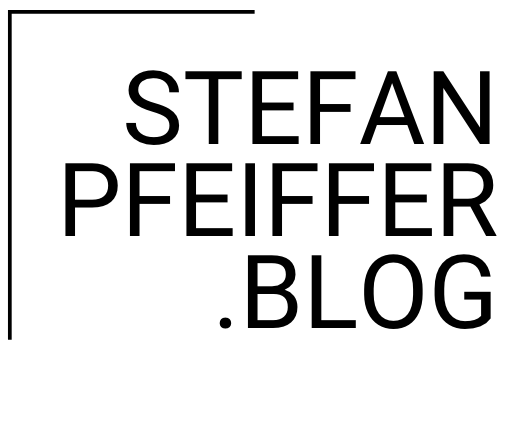The McKinsey-study has already been covered broadly. Nevertheless a good summary. And it always worth to spread some of the key findings:
The business world knows (or thinks it knows) a lot about how social technologies are changing the world. With consumers spending gobs of time in online communities (more than 1.5 billion consumers around the globe have an account on a social networking site and almost one in five online hours is spent on social networks), marketing departments have increasingly shifted their attention to social media. They’re not only advertising and creating their own social sites, they’re engaging with consumers, listening in on unfiltered conversations, …
… But, it turns out that there’s something even more powerful at play: the potential for value creation when social technologies are used to improve collaboration and communication within and across enterprises is twice as big as the value that can be created through all other uses across the value chain. … , McKinsey Global Institute analyzed the potential value that could be obtained through the use of social technologies. The total potential value at stake in these sectors is $900 billion to $1.3 trillion annually. A third of that potential comes from business function-specific applications of social technologies in product development, marketing & sales, operations, and customer support, but two-thirds would arise from using social technologies to improve the collaboration and communications of knowledge workers within these functions and across the enterprise.
Companies are beginning to discover that social technology platforms provide a far more efficient way of communicating and collaborating. And, they give companies a way to dig out the „dark matter“ of company knowledge that is buried in email inboxes and on hard drives. Unlike email, messages on social platforms are accessible to the entire team in real time, eliminating all the to-ing and fro-ing to get everybody on the same page. Even better, on social platforms, communications become content — forming a searchable archive that can be continually enriched with comments and additions by members of the online community. …
We estimate that „interaction workers,“ (managers, professionals, sales people, and others whose work requires frequent interpersonal interactions, independent judgment, and access to knowledge) spend 28% of their workdays answering, writing, or responding to email. They also spend another 19% of the time trying to track down information (including searching through their own e-mail files) and 14% collaborating with co-workers. (And these are your most expensive employees, and the ones you count on to do more than routine work; they’re supposed to be innovating, figuring out how to improve business processes, and generally building you a better mousetrap — not wading through e-mail.)
These activities could potentially be done much more efficiently and effectively using social technologies — we figure by 20-25%. …
Participation, in turn, depends on having an environment of openness, information sharing, and trust — the sort of culture that many organizations have not yet established. For this to happen, leaders must take the lead — after all, these are social technologies. …
It may take years to establish the conditions of openness and to build trust across the organization, but the companies that accomplish this transformation will not only reap the greatest benefits from social technologies, they will also find that they are faster on their feet, more adaptable, and much more capable of absorbing — and acting on — new ideas. Not a bad investment.

Kommentar verfassen